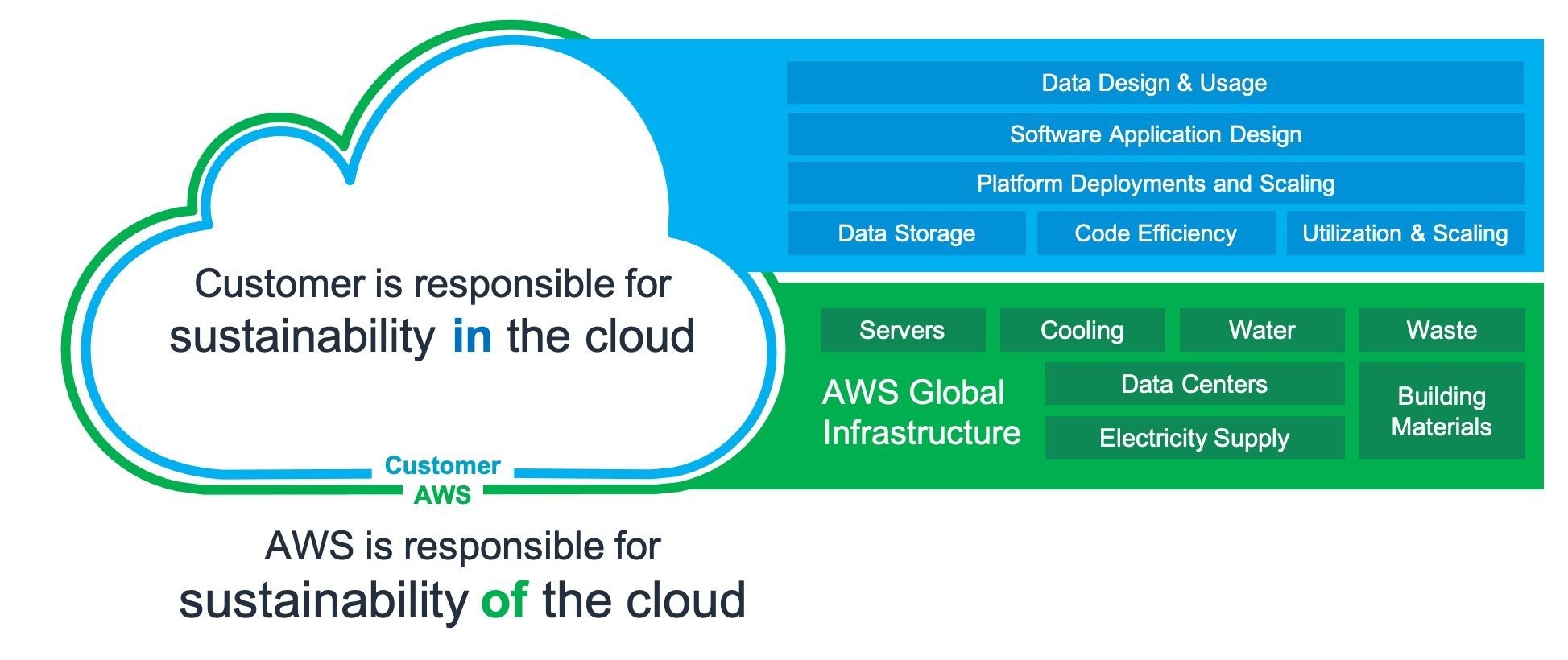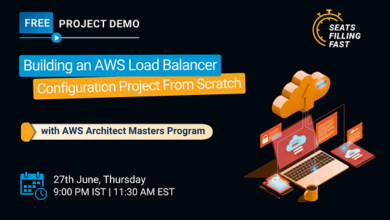Design sustainable cloud architectures with help from the Architecture Blog

We’re celebrating Earth Day 2022 from 4/22 through 4/29 with posts that highlight how to build, maintain, and refine your workloads for sustainability.
A blog can be a great starting point for you in finding and implementing a particular solution; learning about new features, services, and products; keeping up with the latest trends and ideas; or even understanding and resolving a tricky problem. Today, as part of our Earth Day celebration, we’re showcasing blog posts that do just that and more.
Training artificial intelligence (AI) services and machine learning (ML) workloads uses a lot of energy, but they are also one of the best tools we have to fight the effects of climate change. For example, we’ve used ML to help deliver food and pharmaceuticals safely and with much less waste, reduce the cost and risk involved in maintaining wind farms, restore at-risk ecosystems, and predict and understand extreme weather.
In this series of three blog posts, Benoit, Eddie, Dan, and Brendan provide guidance from the Sustainability Pillar of the AWS Well-Architected Framework to reduce the carbon footprint of your AI/ML workloads.
Creating a well-architected, sustainable workload is a continuous process. This blog post highlight services and features from re:Invent 2021 that will help you design and optimize your AWS workloads from a sustainability perspective.
To become more environmentally sustainable, customers commonly introduce Internet of Things (IoT) devices. These connected devices collect and analyze data from commercial buildings, factories, homes, cars, and other locations to measure, understand, and improve operational efficiency. However, you must consider their environmental impact when using these devices. They must be manufactured, shipped, and installed; they consume energy during operations; and they must eventually be disposed of. They are also a challenge to maintain—an expert may need physical access to the device to diagnose issues and update it. This post considers device properties that influence an IoT device’s footprint throughout its lifecycle and shows you how Amazon Web Services (AWS) IoT services can help.
This first post in the Let’s Architect! series gathers content to help software architects and tech leaders explore new ideas, case studies, and technical approaches. Luca, Laura, Vittori, and Zamira provide materials to help you address sustainability challenges and design sustainable architectures.
As organizations align their business with sustainable practices, it is important to review every functional area. If you’re building, deploying, and maintaining an IT stack, improving its environmental impact requires informed decision making.
This three-part blog series provides strategies to optimize your AWS architecture within compute, storage, and networking.

The shared responsibility model for sustainability shows how it is a shared responsibility between AWS and customers
Our consulting partner, IBM, organized the “Sustainability Applied 2021” hackathon in September 2021. This three-day event aimed to generate new ideas, create reference architecture patterns using AWS Cloud services, and produce sustainable solutions.
This post highlights four reference architectures that were developed during the hackathon. These architectures show you how IBM hack teams used AWS services to resolve real-world sustainability challenges. We hope these architectures inspire you to help address other sustainability challenges with your own solutions.



